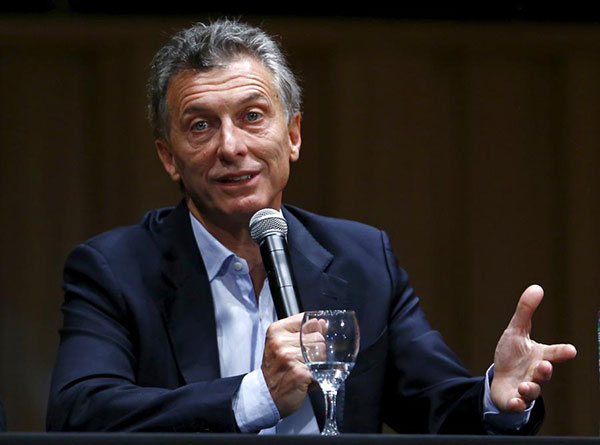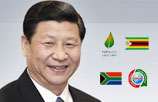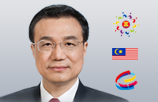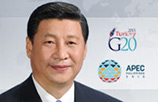Macri topples Argentina's Peronists, tough reforms ahead
(Agencies) Updated: 2015-11-24 15:50
BUENOS AIRES - Conservative challenger Mauricio Macri turned Argentine politics on its head on Sunday, kicking the ruling Peronist movement out of power with a promise to liberalize the ailing economy and end a culture of divisive politics.
Macri, the son of an Italian-born construction magnate, won the election by tapping into frustration over anemic growth, high inflation and corruption, and will become only the third non-Peronist leader since the end of military rule in 1983.
The other two failed to finish their terms, however, a reminder of the difficulties that Peronist labor unions, state governors and opponents in Congress could cause Macri if he is unable to get the economy growing quickly.
After an unpredictable campaign that pitted poorer Argentines grateful for generous welfare programs against others exasperated with state shackles on the economy, Macri will need to deliver on pro-business reforms without hurting the poor.
"We've been saying from Tierra del Fuego in the south to Jujuy in the north that we have to build an Argentina with zero poverty, and that's what we're going to do together," Macri told his jubilant supporters on Sunday night.
Argentine sovereign debt rose on Monday on news of his election, with the 2033 dollar discount bond hitting its highest level since April 2007. While Argentina's stock market was not yet open for business, the Frankfurt-listed American Depository Receipt of Argentina's Grupo Financiero Galicia jumped 6.28 percent.
Macri defeated leftist ruling party candidate Daniel Scioli as voters punished outgoing President Cristina Fernandez for her handling of the economy and her abrasive style of leadership.







